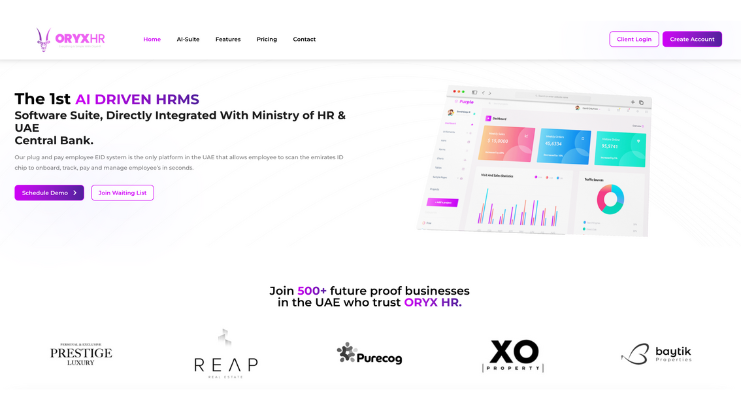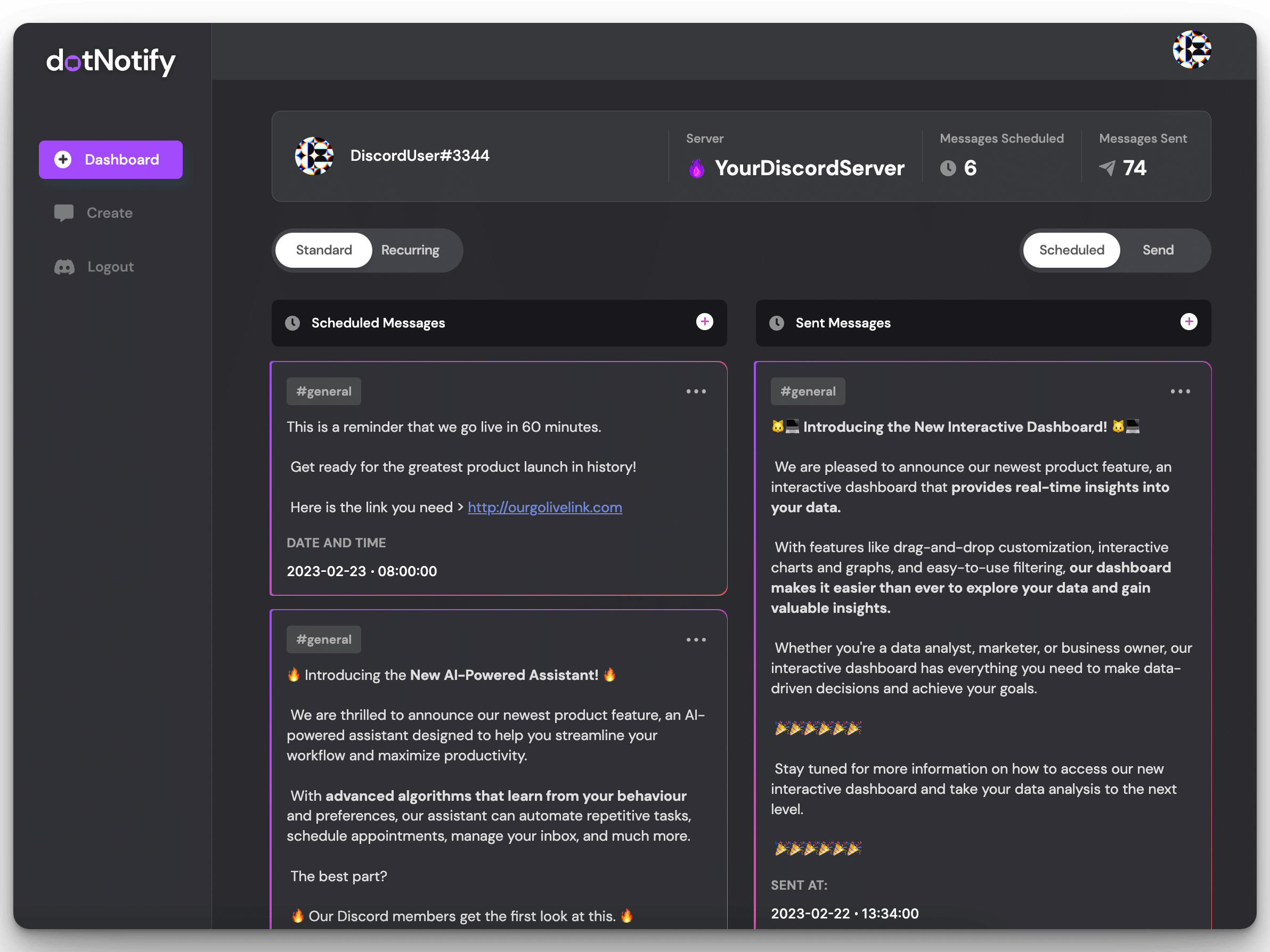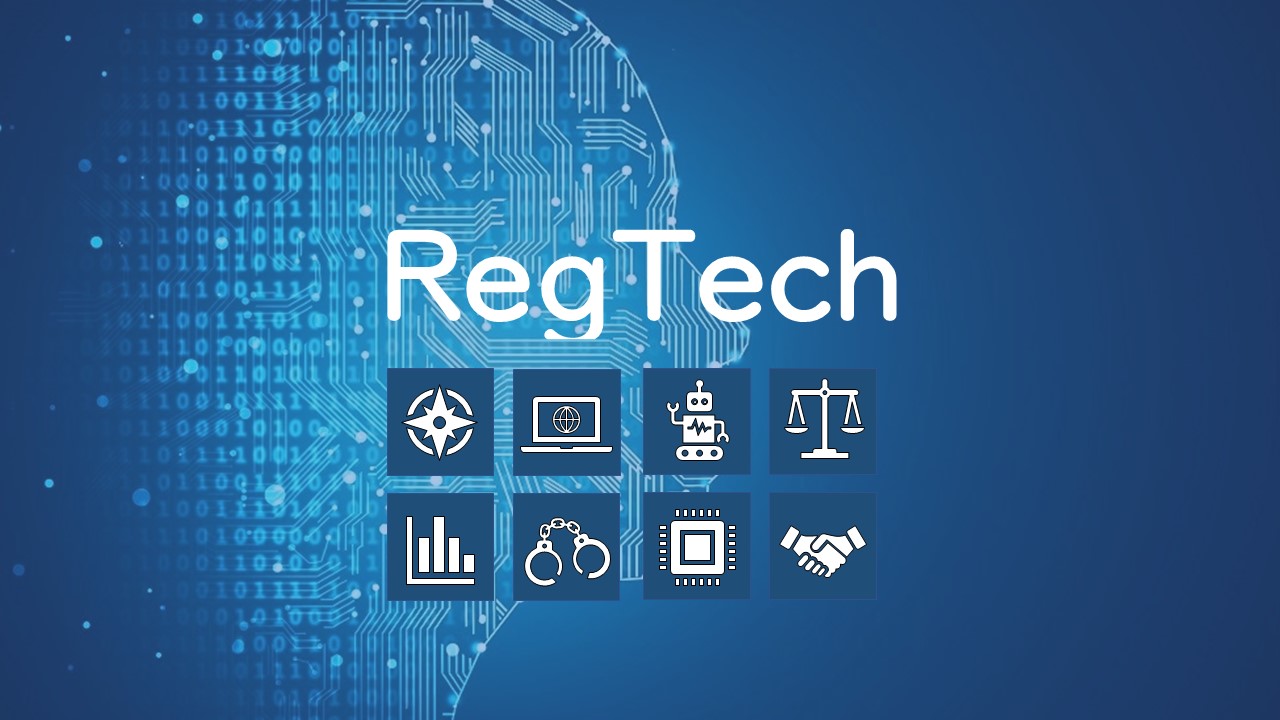
A Guide to Determine Your Need for ERP Business Software
December 15, 2023
Any business experiencing rapid growth that aims to improve its operational efficiency, meet consumer demands, and expand its operations will find ERP business software a necessary asset.
Enterprise Resource Planning (ERP) is a type of software used for managing businesses that help to streamline and automate their daily workflows. As a result of implementing ERP, there is an enhancement in the overall efficiency and productivity of business operations.

Business decision-makers often compare different ERPs, such as Microsoft Dynamics 365 and SAP Business ByDesign, as various options are available. Among them, SAP Business ByDesign is a top-recommended ERP software that offers a full suite of features, including finances, human resources, and data analytics, which makes it a preferred choice for many organizations. Despite its comprehensive offerings, the software is still cost-effective and user-friendly.
Why is ERP business software essential?
Enterprise Resource Planning (ERP) software is a popular choice for organizations seeking to streamline and manage their business functions within a single, centralized system. This is especially common among companies operating in the supply chain, as they rely on ERP to track all aspects of manufacturing and distribution. An organization needs ERP business software to:
Saved Money
ERP implementation can contribute to cost savings for organizations in various ways. By streamlining and integrating multiple business functions, organizations can decrease their reliance on manual labor and, in turn, reduce the costs associated with it. For instance, by automating accounting and financial management, the software eliminates the need for multiple staff members to handle these tasks, which can lead to reduced labor costs.

Moreover, the system can optimize inventory management and supply chain operations, allowing more effective use of resources and reducing the risk of overspending on inventory or overstocking.
Improvement of Productivity
Opting for the appropriate ERP solution can automate tedious tasks previously performed manually. The software’s integrated database eliminates the need for redundant tasks such as data entry, which frees staff members to focus on more important responsibilities.
In addition, the software can perform complex calculations and analyses in just a matter of minutes, enabling organizations to make more informed and data-driven decisions in real time.
Another advantage of automating tedious tasks with ERP software is reducing the risk of errors and inconsistencies. When performed manually, data entry and calculations are prone to human error, which can lead to incorrect financial reports or other crucial data.
With an integrated database, the software can ensure accuracy and consistency throughout the system, reducing potential mistakes.
Improve Customer Service
There are several ways in which ERP software can enhance customer service. The software provides a centralized platform for managing customer information, orders, and inquiries, allowing customer service representatives to access and share information quickly with customers, resulting in a more efficient and personalized customer experience.

Furthermore, ERP software can help organizations manage their inventory more effectively, leading to better customer service. With the real-time capability to monitor inventory levels, companies can ensure that they always have the necessary products and materials for their customers, reducing the possibility of stockouts or delivery delays.
Enable Business Growth
ERP business software is intended to simplify and systematize internal processes to facilitate the growth of businesses. By automating routine tasks and removing manual input, ERP software can decrease the possibility of human error, increasing the accuracy and efficiency of operations.
This can result in cost savings for the organization and give employees more time to focus on essential tasks. In addition, by centralizing all critical business data and operations in a single system, organizations can make more informed decisions and react swiftly to changing market conditions, resulting in better outcomes and continued growth.
Improve Data Analysis
An ERP system often contains business metrics and data analytics that companies can leverage to obtain data-driven insights that can enhance decision-making. This information is usually automated and updated in real-time, ensuring that companies have access to up-to-date information to help plan their strategies and projects.
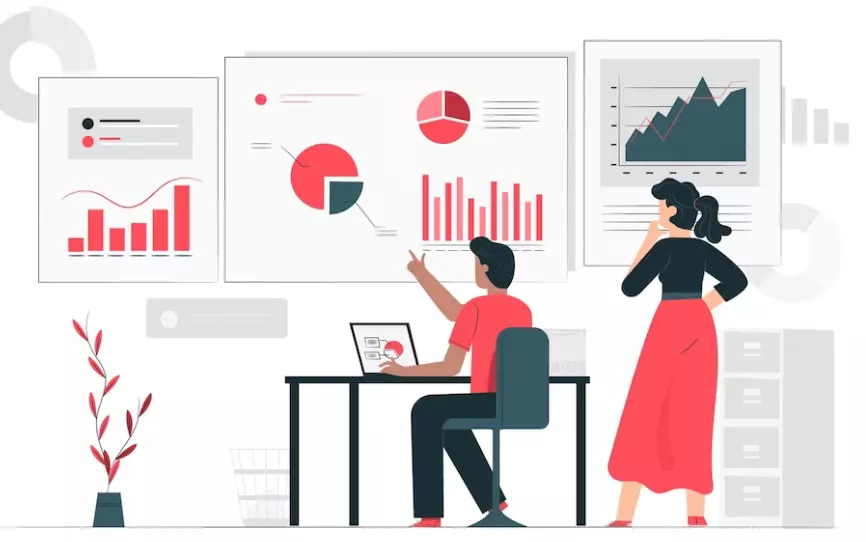
By analyzing the data generated by their ERP systems, companies can identify trends, opportunities, and potential issues, enabling them to make informed decisions and take action to improve their operations and achieve their business objectives.
Improved Collaboration
Although the specific features of ERP applications can vary depending on the software being used, they all aim to enhance collaboration in some manner. As mentioned before, the centralized database is integral to what makes ERP unique.
By providing an organization with a single truth source, this database promotes accurate and consistent information-sharing, reducing the risk of errors caused by working with incorrect data. This, in turn, can help to minimize costs and improve the efficiency of business processes.
Risk Management
As businesses expand and operate across different regions, staying up-to-date with the diverse regulatory requirements that may apply to your operations becomes challenging. Local companies must adhere to environmental concerns, information security, and human resources regulations.
Fortunately, several ERP business software are designed to consider these regulations and help you stay compliant. Furthermore, ERP software comes with inherent audit features that assist in recording details such as chemical usage and tax regulations.
This simplifies report generation and enables swift submission to the relevant regulatory bodies, streamlining business compliance efforts.
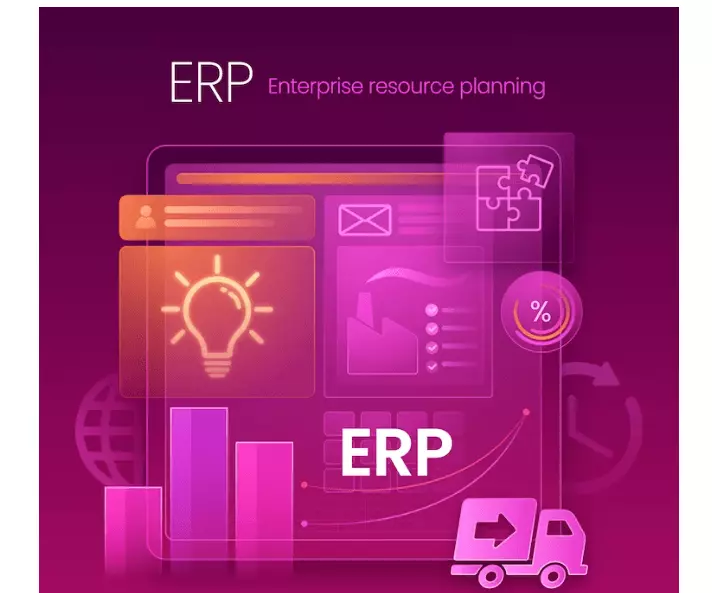
Conclusion:
Businesses that should invest in technology, including hardware and software, can be at a disadvantage. Many companies continue using outdated and fragmented systems, including legacy ERP software until they are forced to change. However, a reliable and high-quality ERP solution is essential for any organization as it serves as the foundation of the business.
With a fully integrated ERP system, businesses can establish a smooth flow of information across all departments and functions. This facilitates the streamlining of business processes, improving overall business functions.
ERP solutions generally cover various end-to-end processes, such as finance, human resources, manufacturing, warehouse management, customer relationship management, order management, sales, marketing, project management, and more.
By providing a centralized and holistic view of business operations, an ERP system can enhance productivity and decision-making, helping businesses to achieve their goals and grow sustainably.

Darin is a wonderful person. He is very nice and always willing to help out! He loves his job because it lets him share interesting things with people who want to know about new developments in the world of technology.






